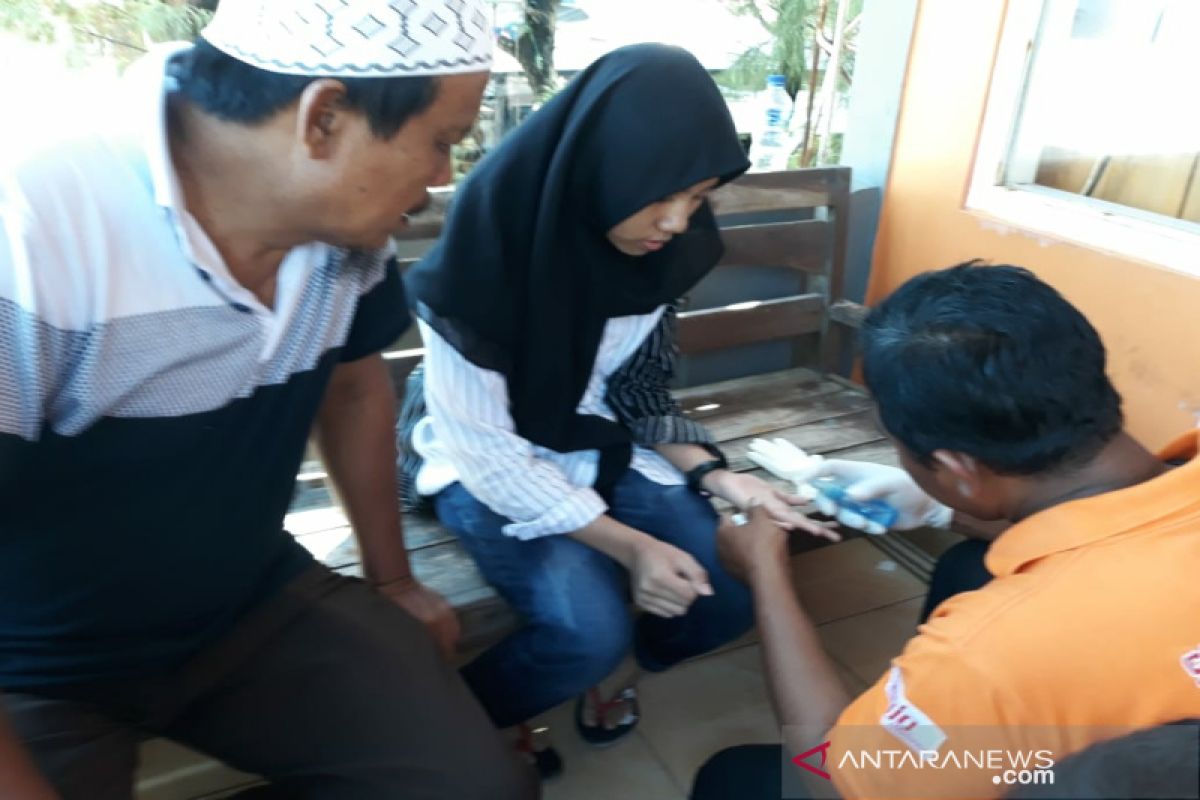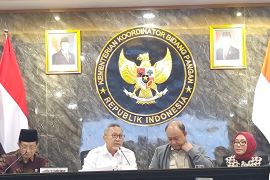Surisdiyanto, one of the local SAR officers in Baron, reported that until 14.00 p.m. local time, 94 tourists were stung by jellyfish in some beaches in the area, specifically in Sepanjang Beach, Watu Kodok Beach, Krakal Beach, Drini Beach, and Kukup Beach.
"Tourists get stung by jellyfish, as they play with these creatures. We then immediately offered help to them," Surisdiyanto informed Antara, Thursday.
Reports of jellyfish stings were received during the Eid holiday, since Monday (June 3) until the second day of Eid al-Fitr on Thursday.
Most cases involved children, who liked to pick up jellyfish for fun.
Sea jellyfish (Physalia physalis) that are blue in color and float on the surface of the sea have dangling tentacles or legs that possess stinging cells, or nematocysts.
The nematocysts of these animals paralyze the prey and serve as a self-defense system from other predators, including humans. Exposure to a nematocyst tends to make the human body itchy that is then ensued by symptoms of burning, pain, and even shortness of breath.
"Presently, several jellyfish are present on the south coast. We urge you not to touch jellyfish," Surisdiyanto emphasized.
Translator: Sutarmi/Yashinta Difa Pramudya
Editor: Bambang Purwanto
Copyright © ANTARA 2019












